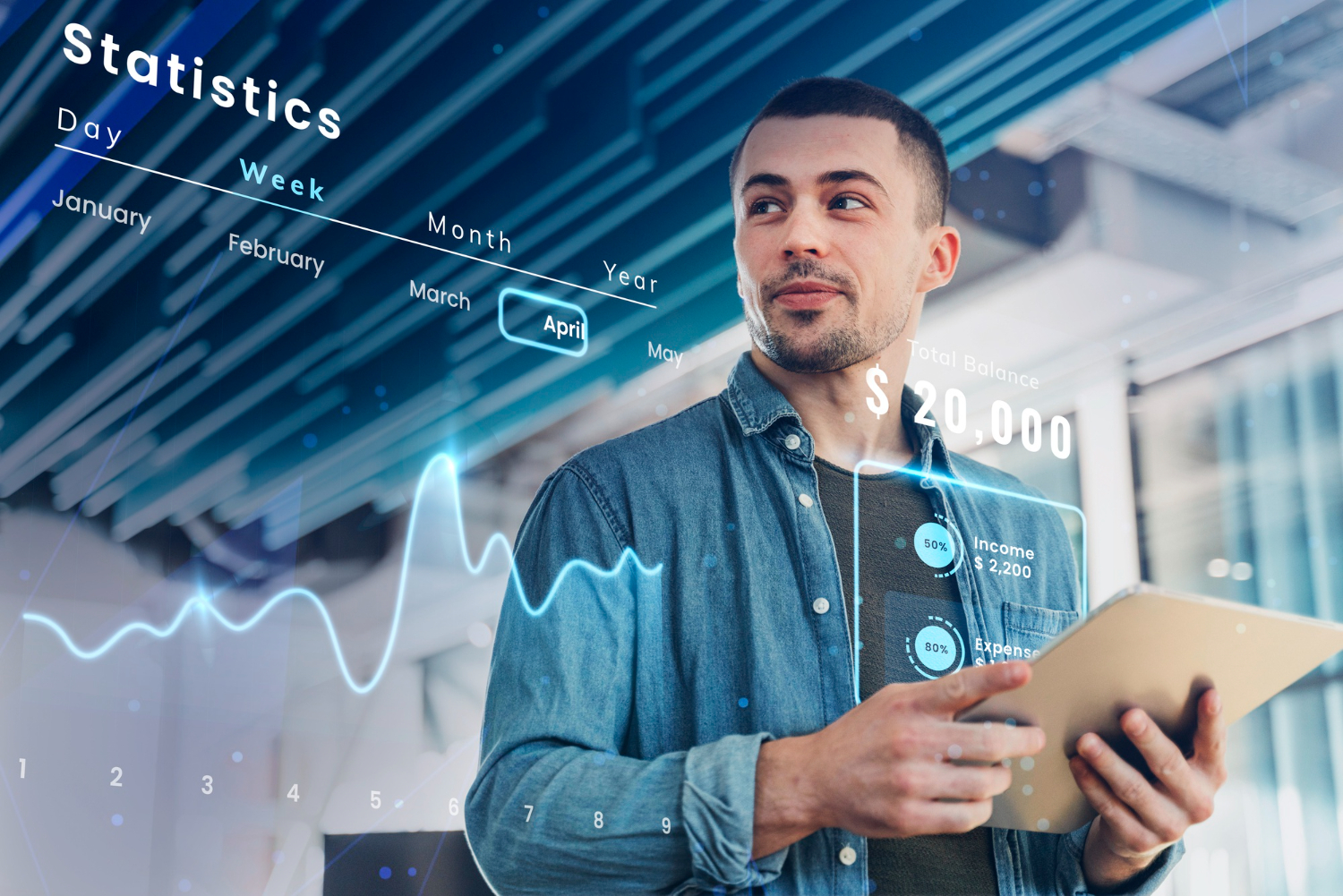In the fast-paced world of market research, data processing for market research professionals is more complex and competitive. It’s no longer just about collecting data; it’s about how we process, analyze, and glean actionable insights from this massive influx of information. In this article, we’ll explore the cutting-edge trends in data processing that are reshaping the landscape for market research professionals.
Real-Time Data Processing: The Need for Speed
The days of batch processing are waning as real-time data processing takes center stage. Market research professionals are increasingly recognizing the value of instant insights. Whether it’s tracking consumer sentiment during a product launch or monitoring social media buzz during a crisis, the ability to process and analyze data in real time is becoming indispensable.
Technologies like Apache Kafka and Apache Flink have emerged as game-changers, offering high-throughput, low-latency data streaming capabilities. These tools enable market researchers to make quick decisions based on the most up-to-date information. The result? Faster responses to market dynamics and a heightened ability to adapt to changing consumer preferences.
AI and Machine Learning Integration: The Rise of Predictive Analytics
Artificial intelligence (AI) and machine learning (ML) have moved beyond buzzwords to become invaluable tools for market research professionals. These technologies are automating tasks that were once labor-intensive and time-consuming. Machine learning algorithms can now detect patterns, anomalies, and trends in data, facilitating predictive analytics.
For market researchers, this means the ability to forecast market trends, customer behavior, and competitive landscapes with unprecedented accuracy. By leveraging AI and ML, professionals can identify emerging opportunities and threats, enabling smarter decision-making.
Data Privacy and Security: The Imperative of Trust
Data breaches and privacy concerns have raised the stakes for market researchers. Ethical data processing and responsible data stewardship are no longer optional but fundamental to maintaining trust with consumers. Compliance with data protection regulations such as GDPR and CCPA is paramount.
Privacy-preserving technologies like homomorphic encryption and differential privacy are gaining traction. These tools allow market research professionals to anonymize and protect sensitive data while still extracting valuable insights. Communicating transparently about data handling practices also builds trust with survey participants and customers.
Edge Computing: Decentralized Data Processing
The proliferation of IoT devices has given rise to edge computing, a paradigm that’s transforming data processing. With edge computing, data is processed locally on devices, reducing the need to transmit massive amounts of data to centralized data centers.
For market research professionals, this means more efficient data collection from IoT sensors and wearable devices. Edge computing reduces latency, making it ideal for real-time data analysis in contexts like retail store monitoring, smart cities, and connected healthcare.
Read also: Online Survey Market Research Trends for 2023
The Ethical Dimension: A New Era of Responsibility
As market research professionals leverage advanced data processing techniques, ethical considerations take center stage. It’s no longer just about what we can do with data but what we should do. Ensuring that data processing aligns with ethical principles and societal values is crucial.
Transparent data collection practices, clear consent mechanisms, and responsible AI use are vital components of ethical data processing services. Market research professionals must navigate the balance between technological advancement and responsible data use to maintain public trust.
Navigating the Data Frontier
In the realm of market research, data processing is the linchpin of success. The trends mentioned above represent the cutting edge of data processing and present both opportunities and challenges for professionals in the field.
Embracing real-time data processing, integrating AI and ML, and championing data privacy and security are essential steps toward staying competitive. Edge computing offers new data sources and faster insights, while ethical considerations underscore the importance of responsible data handling.
As market research professionals, your ability to harness these trends and adapt to the evolving data landscape will determine your success in uncovering valuable insights and shaping strategies that drive business growth. In this era of big data, big insights are within reach for those ready to embrace the data-driven future of market research.



